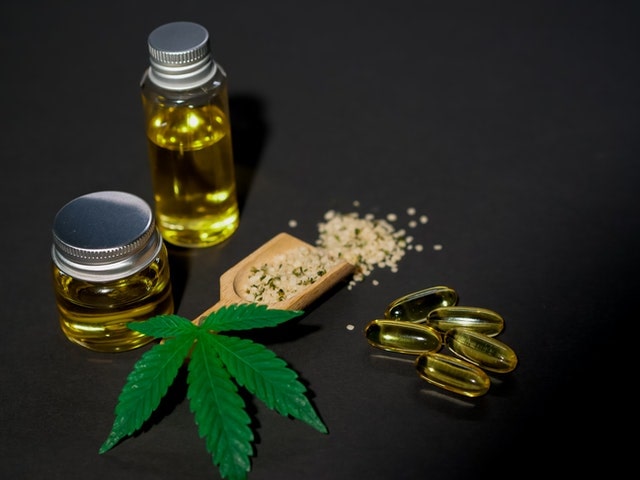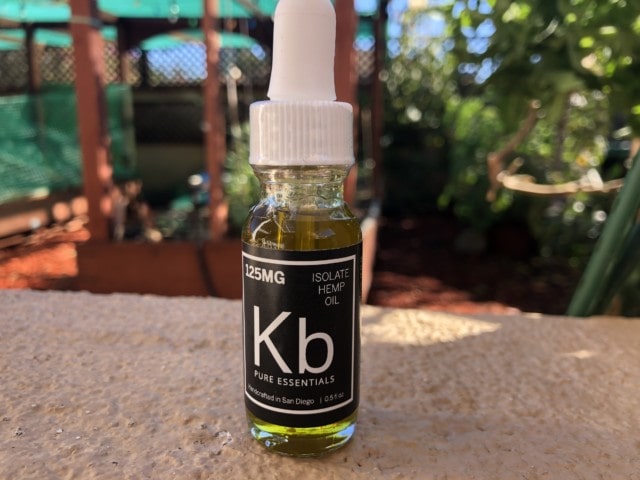Both oils have anti-inflammatory effects on the body, but the main difference between hemp oil and CBD oil is that hemp oil is more often used in health supplements and foods, while CBD oil is a potential therapeutic.
More specifically, the main difference between hemp oil and CBD oil is the cannabinoid content of CBD oil.
What is hemp oil?
Hemp oil is extracted from the seeds of the hemp plant, Hemp Sativa is primarily used as a nutritional supplement. Hemp oil is often referred to as hemp seed oil.
Hemp oil contains high levels of omega-3 and omega-6 fatty acids, essential polyunsaturated fats, also called “healthy fats” Hemp oil also contains high levels of antioxidants. Some hemp oils contain CBD, while hemp seed oils tend to have very little CBD.
How Hemp Oil Works
The omega-3 and omega-6 essential fatty acids and antioxidants found in hemp oil act as anti-inflammatories in the body. Anti-inflammatories reduce inflammation throughout the body, which can improve health.
Hemp Oil Uses
Because of the potential anti-inflammatory benefits of hemp oil, it can be used in a number of ways to help the body, including:
- As part of an anti-inflammatory diet such as the Mediterranean diet.
- Added to foods and beverages when cooking and baking.
- As a topical massage oil on sore joints.
Potential benefits of hemp oil
The anti-inflammatory properties of hemp oil may play a small role in the prevention of chronic and metabolic diseases, including
- Cardiovascular disease
- Diabetes
- Cancer
- Neurological degeneration
- Autoimmune diseases
The anti-inflammatory effects of hemp seed oil are attributed to gamma-linoleic acid (GLA).
Risks and drawbacks of hemp oil use.
Although the potential benefits of hemp oil seem numerous, the evidence for these effects is not strong, so results may vary (and it may not be effective at all). The high-fat content of hemp oil can cause intestinal discomfort and diarrhea if you are not used to it, so it is recommended to start with a small dose and work your way up. For more insights and additional tips, please check these guys out!

Hemp seed oil should contain no tetrahydrocannabinol (THC) and almost no cannabidiol (CBD), so you should not have any adverse effects associated with those compounds. However, regulation of hemp products is sparse, so you should exercise caution. Both THC and CBD are cannabinoids, compounds found in C. sativa that affect an essential body system called the endocannabinoid system (ECS).
What is CBD oil?
CBD oil is made by extracting CBD from the flowers and leaves of the hemp plant, C. Sativa. CBD has been widely researched for its potential benefits for various medical conditions.
How CBD oil works
CBD is a cannabinoid that affects the body’s SEC, but it does not have the same level of psychoactive properties as THC. THC is the compound in marijuana known for its intoxicating effect associated with the “high.” CBD, by itself, does not produce a high in the same way that THC does, which is part of the reason it has potential as a medical treatment.
SEC travels throughout the body and plays a vital role in the brain, immune system, gut, and areas of inflammation.


